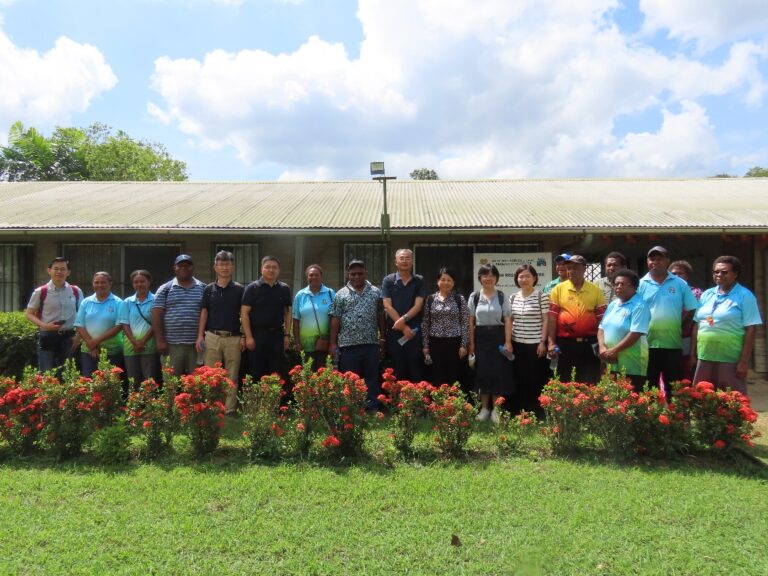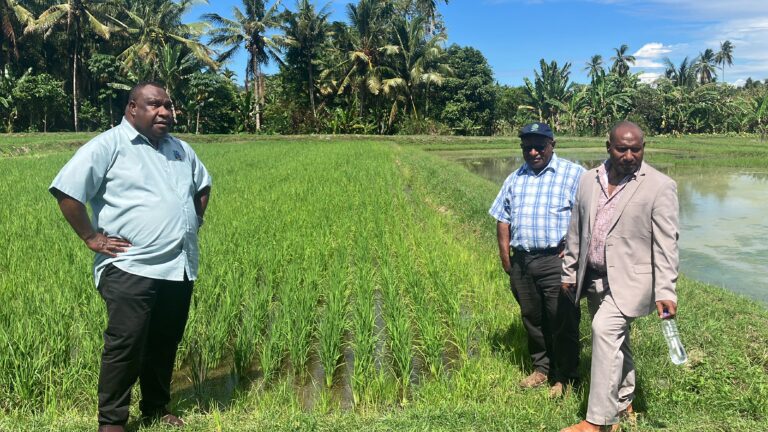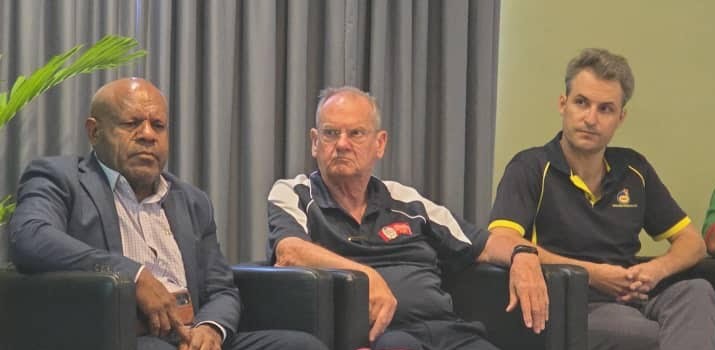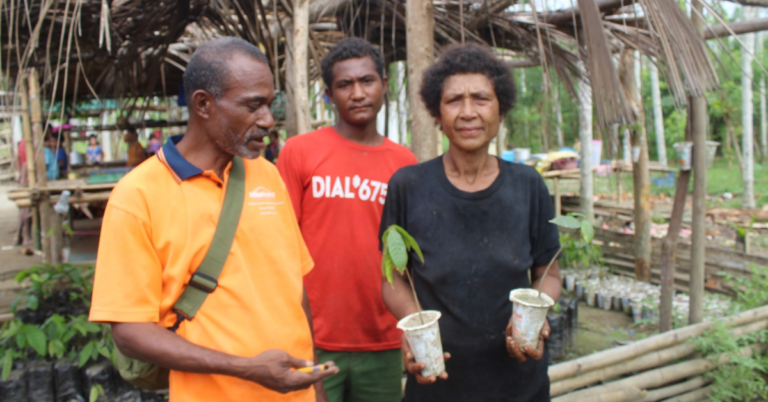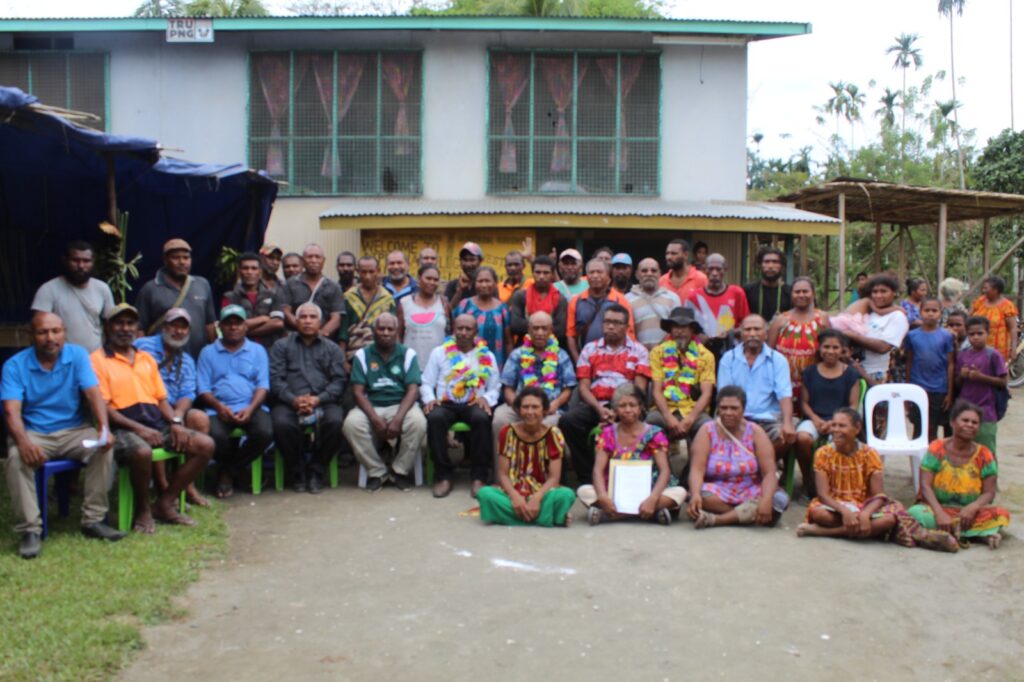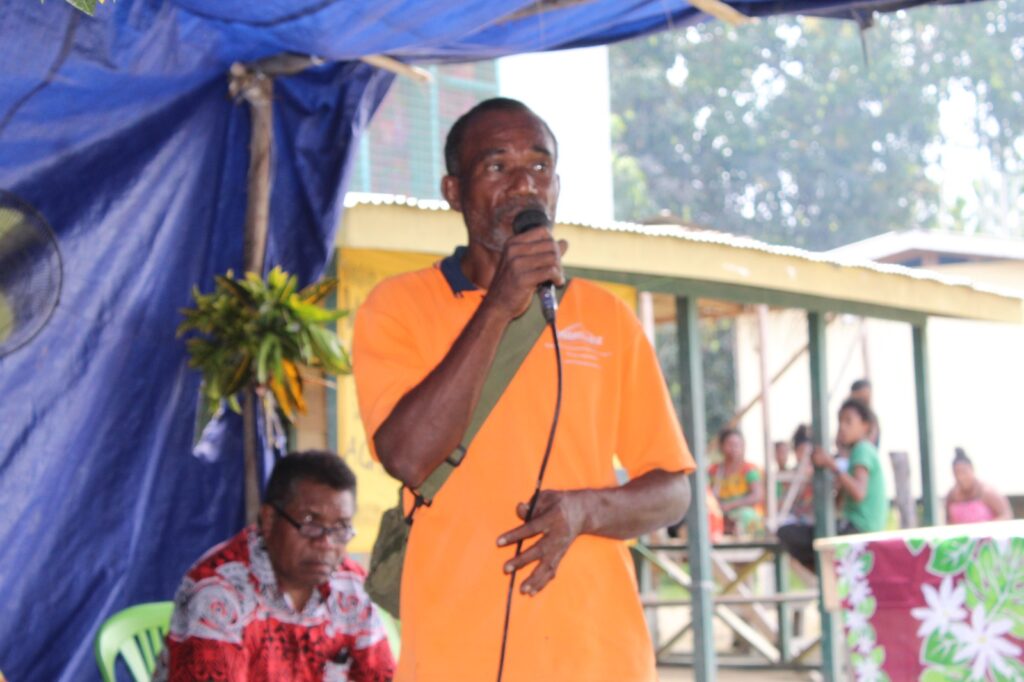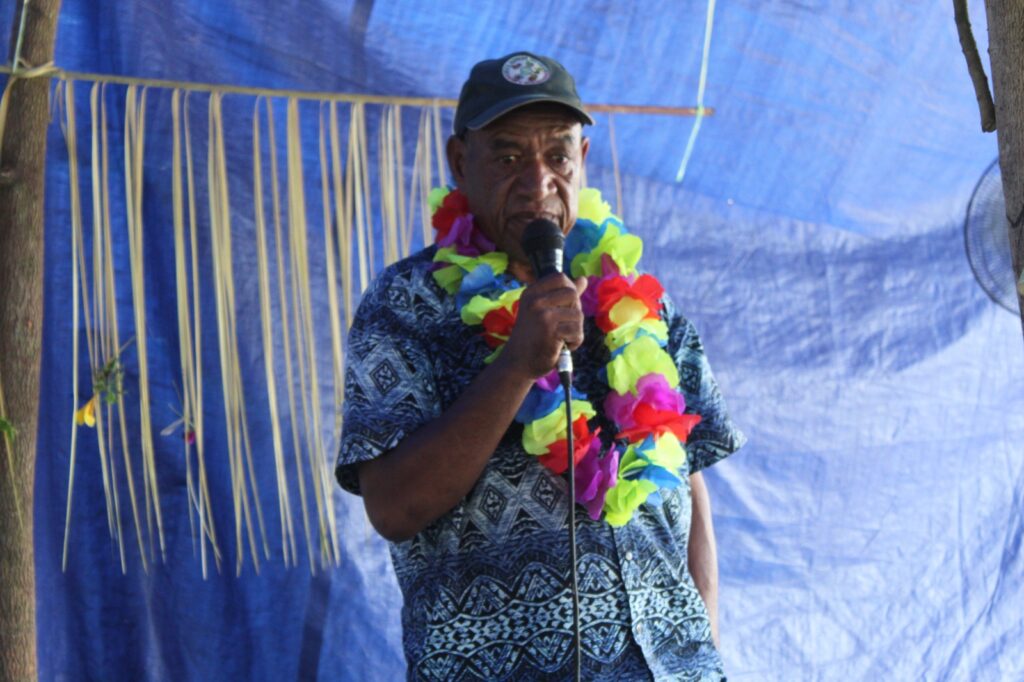A team of agricultural experts from China recently visited Papua New Guinea to kickstart efforts to revitalize the nation’s agriculture sector.
The visit is part of a Memorandum of Understanding (MOU) signed last year, aimed to provide valuable training and knowledge to local agriculture professionals.
PNG has been facing challenges in supporting its agriculture sector, particularly in research. Recognizing this gap, the Jiangsu Academy of Agricultural Sciences (JAAS) from China stepped in to help. Their delegation, consisting of six professors, held an intensive one-day “Agri-Tech” workshop in Port Moresby on Monday, June 30, 2025.
Over 20 participants from various organizations, including commodity boards, the National Agriculture Research Institute (NARI), and the Department of Agriculture and Livestock, attended the workshop.
The training covered a wide range of topics, from rice cultivation and soil improvement to livestock breeding and agro-product quality management.
They also shared insights into China’s agricultural import and export standards and the growing demand for organic and sustainably produced goods.
A key takeaway for participants was the potential for PNG to access the vast Chinese market. However, as Professor Yuan Liu from JAAS’s Food Safety and Nutrition Division highlighted, all imports must meet strict World Trade Organization (WTO) and CODEX food safety standards.
In the Pacific, Vanuatu kava was approved for Export in 2023 and Fiji’s Ginger and Coconut Products.
Mr. David Tenakanai, General Manager-Technical Services at the National Agriculture Quarantine and Inspection Authority (NAQIA), was overwhelmed that despite agreements with China to export Agricultural produce, PNG is yet to meet the market standards. He challenged attendees and government agencies to fast-track the necessary formalities in meeting the required standards.
Dr. Nelson Simbiken, Director General of NARI, encouraged participants to make the most of the new information shared by the Chinese trainers. The MOU between NARI and JAAS outlines a collaborative effort to:
- Conduct research and development across agricultural food value chains.
- Develop human talent for agricultural research and innovation.
- Establish a joint research platform for community engagement.
- Optimize policy advocacy for agriculture.
This training is the beginning of other trainings that we will be conducted through the China Pacific Island Countries Agriculture Cooperation and Demonstration Centre.
“Through the MOU with JAAS, we will set up a Field Demonstration plot at Laloki. We have selected a site where they will be based. When they are here, they become the resource, where we will continue to feed areas that need further training.”

